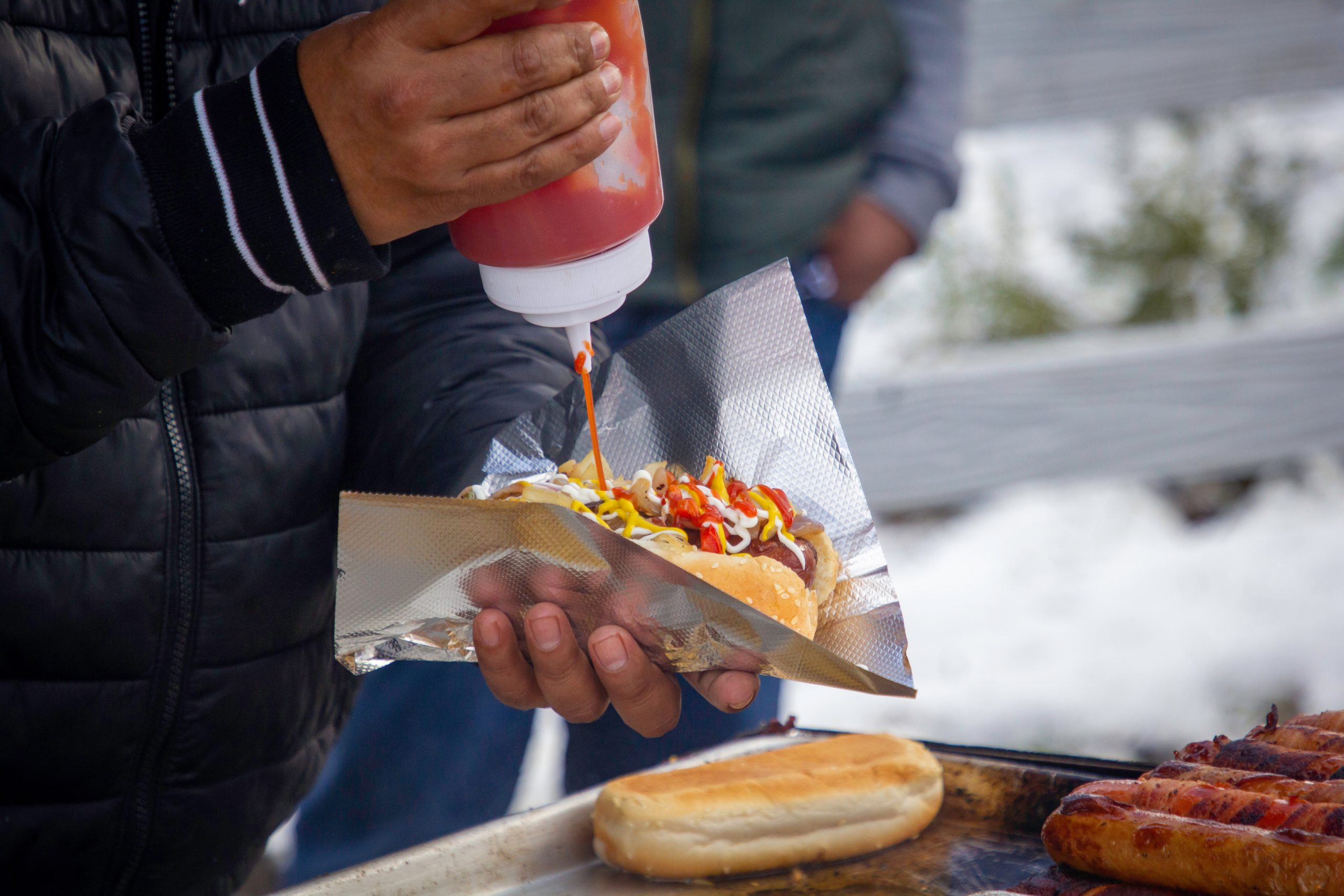Anyone who has attended an event at Levi’s Stadium knows about the gauntlet of food carts that clog the parking lots before and after events. The scent of bacon-covered hotdogs or the sizzle of frying onions beckons to passersby, drawing them in like a siren’s song.
But there is a problem.
Not all those vendors, nestled among the throngs of attendees, are on the up-and-up. Few are sanctioned by the City officials. Many lack the proper permits. They might be failing to meet sanitation requirements.
The situation began to get out of hand, so the Santa Clara City Council acted. Last year, Santa Clara kicked off a pilot program to deal with illegal food vendors. But, as it turned out, there was a good reason why the problem hadn’t been properly dealt with up until then.
A state law, Senate Bill 946, that went into effect in 2019, ties cops’ hands, making it difficult to curb illegal vendors. According to the law, its intent is “to promote entrepreneurship and support immigrant and low-income communities.”
The bill prevents police from criminalizing street vending. By limiting how much police can fine those operating illegally and allowing for exemptions for fines issued, those in violation of the rules can skate by without much penalty.
However, according to the law, cities can regulate food vending under “time, place, manner” specifications. That means if food vending endangers the public’s safety, the City can regulate it accordingly.
Bad Actors
Howard Gibbins, a local hot dog vendor, had been complaining to the Council for years prior to the pilot program. With his American flag do-rag and folksy cadence, Gibbins would frequently saunter to the lectern in the Council chambers to give the Council an earful.
He was like a dog with a bone. Capt. Richard Fitting, who oversees special operations like the pilot program at Levi’s Stadium, said Gibbins was “instrumental” in drawing attention to the issue.
Gibbins said he didn’t complain about the illegal vendors out of some sense of territorialism. He just wants everyone to play by the same rules.
“I have no problem with competition. I encourage people to go out and work for themselves. I urge that, but I don’t encourage people to break the law,” Gibbins said.
“I love to see people do business and make it. There are plenty of crumbs falling off that stadium. I can’t grab up every crumb … You don’t have to break the rules. There is opportunity for you to do it legally, do it right.”
Further, he said, food vendors already have a bad reputation. Some of the chicanery many illegal vendors engage in — things like urinating in nearby bushes or smoking right before handling food — only contributes to an already present stigma, Gibbins said.
As someone with certification in food safety for 21 years, Gibbins said seeing such behavior really irks him.
“These guys, they just take food and throw it in the back of a van,” he said. “Some people care more about that ten dollar bill in their pocket than putting someone in the hospital.”
Striking A Balance
Approved by the Council in July last year, the pilot program ran from August through January. It focused its efforts on the satellite lots surrounding Levi’s Stadium. To get as much compliance as possible, the City began waiving fees associated with food vending, issuing free permits.
But Fitting said just increased police presence in the pilot program’s area has had a big impact. He agreed that the situation was similar to traffic enforcement.
“You just drove by and saw an officer giving a ticket, but what if you drove by and saw multiple officers giving a ticket?” Fitting said.
Although, as the NFL season waned, compliance dropped off. Fitting said a consistent police presence has the program trending in the right direction.
Cops can issue a ticket for $100 for the first violation of the City’s food vending ordinance.
Fitting said the police department’s partnerships — with organizations ranging from the Santa Clara County Health Department to the state Department of Alcoholic Beverage Control — have been key to the program’s success.
“Our priority is public safety. That is at the core of this pilot program … we certainly want to strike a balance between that and prioritizing entrepreneurship,” Fitting said.
In addition to expanding the footprint of the program, the Council extended it for another year in March.












0 comments